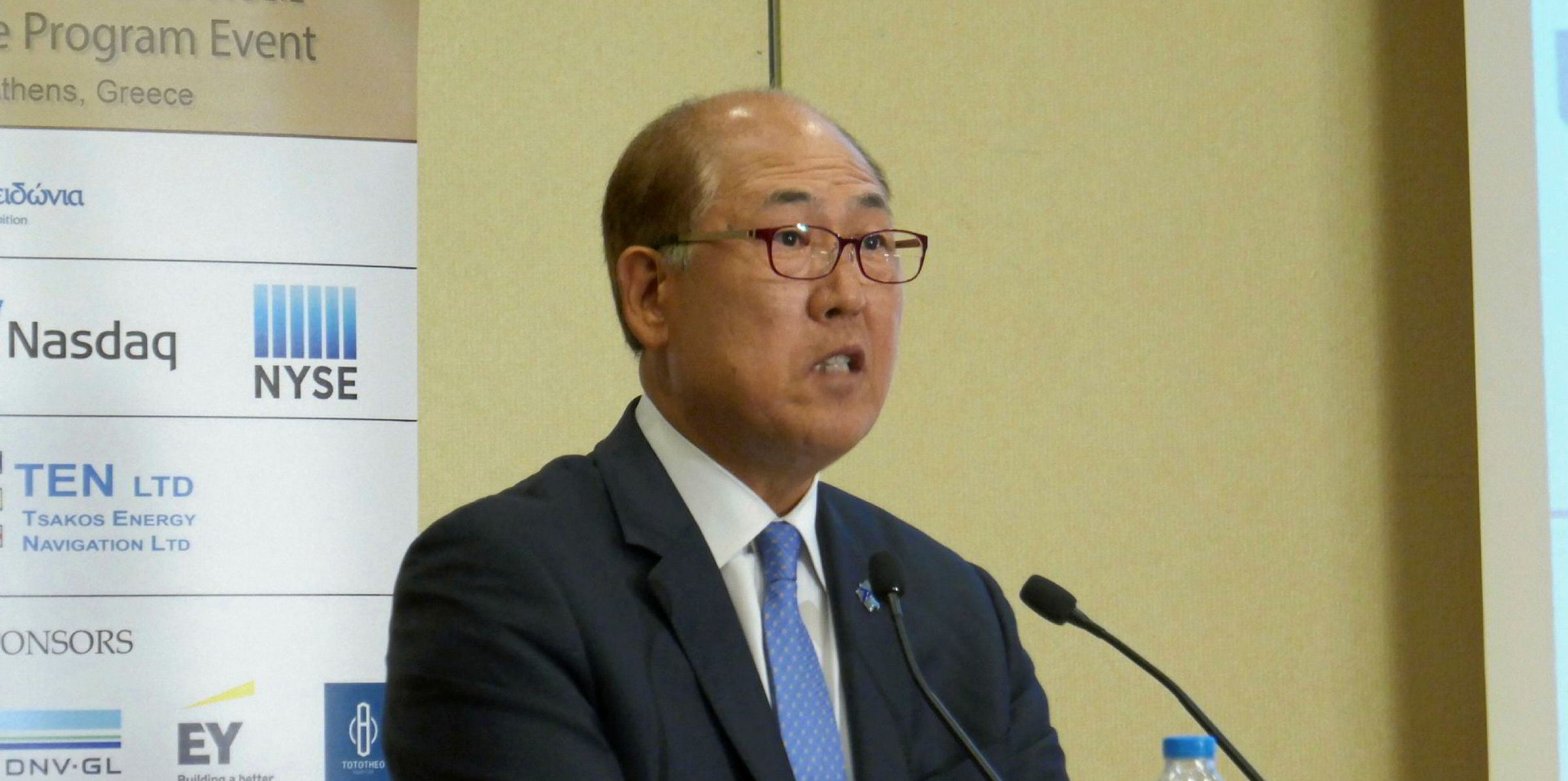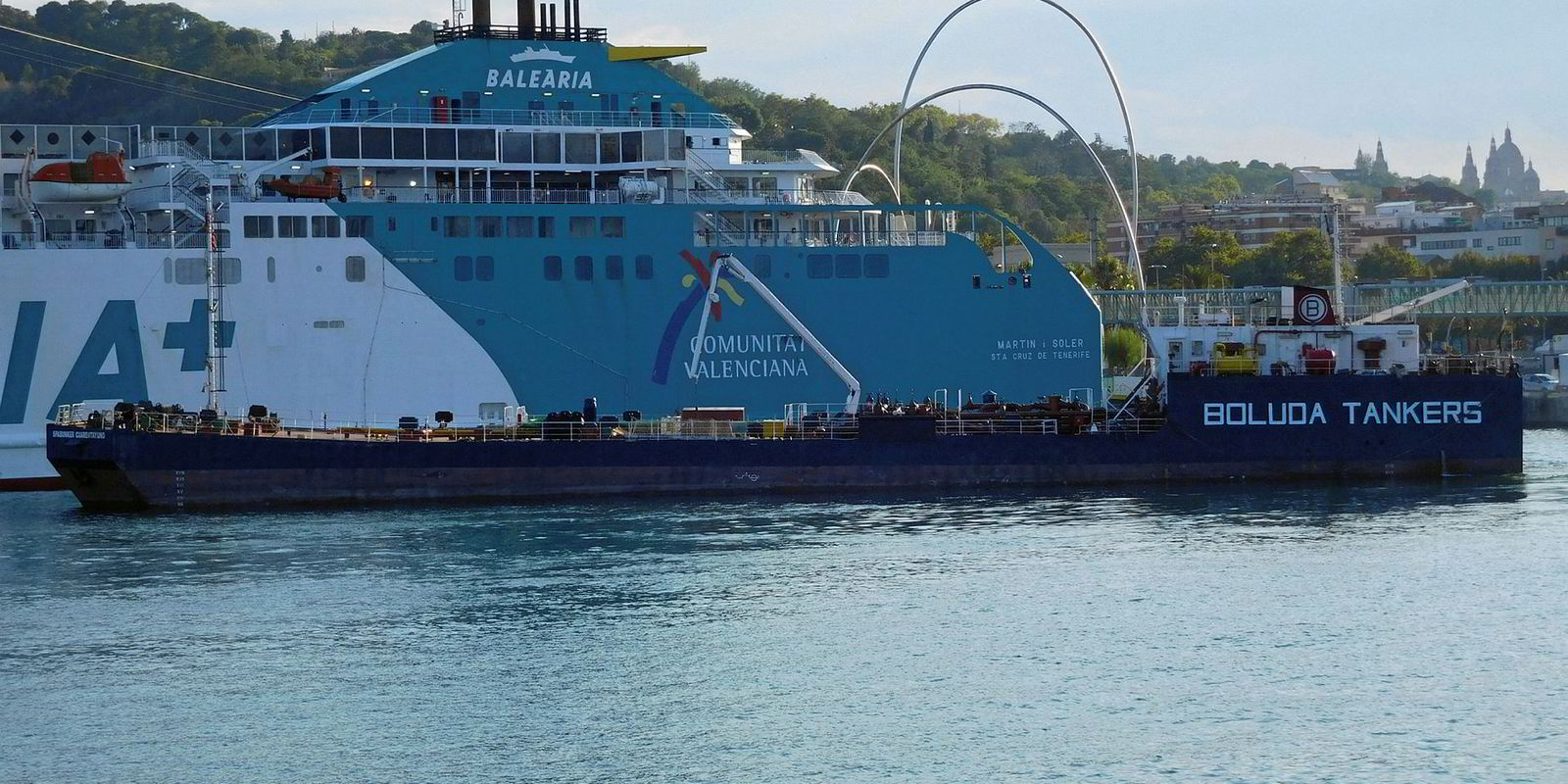Shipping organisations are piling on the pressure for progress on the sulphur cap ahead of a critical meeting at the IMO in July.
Bimco, the International Chamber of Shipping (ICS), Intercargo, Intertanko and the World Shipping Council (WSC) have joined forces to issue a statement urging member states not to compromise on safety or unfairly penalise individual ships.
The trade associations have co-sponsored a number of submissions to IMO to "help smooth" the implementation of the global 0.5% sulphur in fuel cap in 2020.
These include papers on a standard format for a ship-specific implementation plan with many actions vessels may need to consider for achieving compliance, but also a call for a practical and pragmatic approach from IMO member states when verifying compliance with the cap; safety implications associated with 2020 fuels and their respective challenges; and a draft standard for reporting on fuel oil non-availability.
Also covered are proposals for amendments to MARPOL Annex VI to require sampling points for fuel oil; and verification issues and control mechanism and actions.
"Fully committed"
The shipping bodies said the industry is "fully committed to successful implementation of the global sulphur cap on 1 January 2020, and welcomes the significant environmental benefits this will bring."
"But the worldwide implementation of this game-changing new regulatory regime will be far more complex than the previous introduction of sulphur Emission Control Areas for shipping not least because of the sheer magnitude of the switchover and the quantities and different types of fuel involved," it added.
They added that many ships will have to use blended fuel oils and new products which are outside of the ISO 8217 standard.
"On top of the absence of global standards for many of the new blended fuels that oil refiners have promised, there are potentially serious safety issues, including those related to the use of compliant but incompatible bunkers. As an example, if bunkers turn out to be incompatible it could lead to loss of power on the ship," they said.
"With the scale of the technical challenges involved and the likelihood of teething problems, it will be important for port state control authorities to exercise a pragmatic and realistic approach to enforce compliance during the initial months of the global switchover, which will come into effect at the stroke of midnight in just 18 months’ time."






